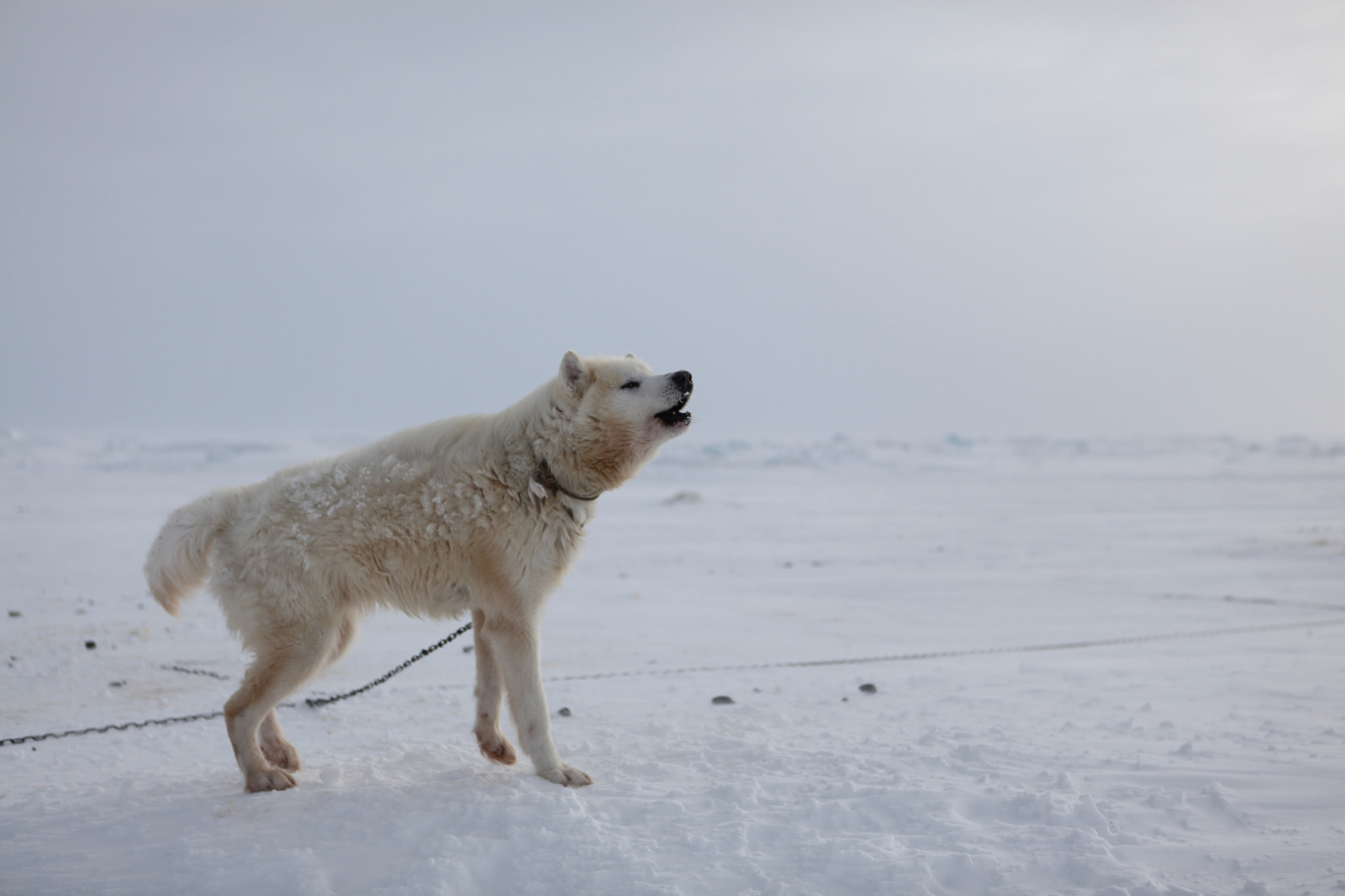But let every man prove his own work, and then shall he have rejoicing in himself alone, and not in another – Galatians
If you work for a company you can measure your progression up through the ranks. If you’re a teacher you can work towards becoming a head teacher. If you’re a soldier you know you’re working up towards being a Sergeant or a Colonel. This has always been an aspect that appeals to me about life in a defined hierarchy.
Instead I forge my furrow through adventure and writing. Some pure souls would feel that the adventure is the reward and that merely to have the freedom to head for the hills was reward enough.
But I have always pushed myself hard.
That’s been the case on trips, when I feel compelled to travel as far as I can, for as little money as possible, in the most miserable way possible.
It’s been the case with the books and films I make, where I obsess ridiculously about making it the best I can possibly manage.
Thankfully I have [mostly] grown out of comparing my efforts with those of other people. I know people do tougher expeditions than me. I know people write better books than me. I can live with that (sort of). What I can’t face is the thought that someone can try harder than me.
I’mve finally learned the truth of what my parents always used to say to me, ‘œas long as you’ve tried your best, that’s all you can do.’ I can accept that as something to work towards.
But when I am trying to measure whether I am actually making the most of my time, my opportunities, my potential I find myself wondering whether I ought to measure myself against the yardstick of ‘œSuccess’ [measured against others] or ‘œProgress’ [measured against my past self].
In pure adventuring terms, I’mve had to come to accept that I’mm not going to match the best in the business in terms of the expeditions they accomplish. Committing to banging the microadventure drum hammered the final nail into this coffin for me. I have been trying to learn to accept that over the past few years.
But the business of ‘œadventure’ is a broad one. I won’t win the prize for the greatest exploits. But the best story, the best book, the best film… these are second prizes worth scrapping for. In all the years that lie ahead, I like to at least daydream that I might still be in the race…
Yet measuring yourself against others is a dangerous game.
You will never be as fast as Usain Bolt. Does this mean you should give up your love of running, abandon your efforts to train hard? Or should you use him as an incentive to work harder than he does, to try harder than he does, to do whatever you possibly can to try to narrow the gap so that, when the race is run, you can look honestly at him (and at yourself) and know that you did everything that was possible?
I do not know the answer, but as a self-employed person I struggle with the idea on a daily basis.
Writing stuff down always helps me see things more clearly.
Joanna Penn asks three very useful questions regarding measuring success:
- What is your definition of success ‘“ for this particular project and overall?
- How will you track and measure that success?
- What do you want to do with that success? What is the point in your work?
Whilst my ego wants to ‘œcompete’ with the other adventurers out there, I’mm growing to learn that this is an unwinnable race, and the wise thing to do is to compete only with myself. To try to make the most of my potential, to not let other people (nor society) be the authorities on my potential, dictating what I should or can do in my life.
And so, if you decide to measure your life by ‘œprogress against yourself’ rather than ‘œsuccess compared to others’, what criteria will you measure things by?
If you are ploughing a lone furrow in life, it’s important to articulate what these might be.
Here are a few questions that might be helpful to ask in order to quantify the progress you’re making:
- what achievements matter to you?
- what does ‘œprogress’ mean to you?
- how much money, if any, equals progress?
- which of your peers’ praise do you covet? Why?
- what recognition or awards would mean something to you? Why?
- are you doing good for the world? Could you be doing more? Do you want to do more?
- are you happy? Are those people who matter to you happy?
It’s also a really good thing to remember the old benchmarks you used to judge yourself by. It helps you feel better about where you stand right now. For example, I remember being massively excited and proud at each of these moments in my writing career:
- Self-publishing my first book (despite a photo on Amazon that was so bad I burst out laughing when I saw it again recently)
- Getting my first book published by a ‘œproper’ publisher
- Becoming sufficiently confident about my audience to return to self-publishing (with the book that I am still the most proud of writing)
- Getting a book published by a ‘œbig’ publisher
It’s really important to remember the old benchmarks in your life.
In the same way as on an expedition once a difficult obstacle has been passed it feels trivial and simple, so too it is for all our steps in life. If we don’t ever remember to look at our lives with the perspective of a younger us then we deny ourselves the chance to notice that we are progressing.
Once upon a time I would have been chuffed to bits to go on my first bike adventure. I’md have been amazed to think I could cycle round the world, to write a book, to publish a book, to turn my passion into my career, to be in a position to cajole lots of people to go and sleep on a hill for a night. It’s important (though I fail badly) to remind myself of these things occasionally, and through that to be satisfied and grateful at the projection that I am on.
If you are a lone wolf – on journeys, in business, in life – I’md urge you to pause and reflect the same way sometime. We can all be too hard on ourselves at times. It’s progress we need to measure, not success.



Brilliant article Alastair, I was forever competing with friends in all aspects of my life, especially climbing! I recommend reading The Awakening of Intelligence by Jiddu Krishnamurti if you haven’t already, very awakening!